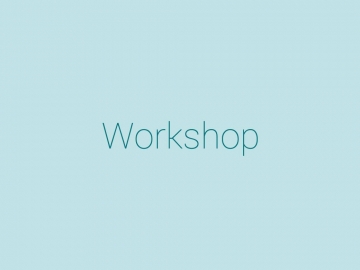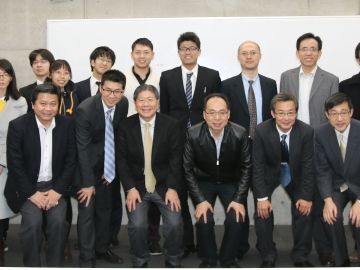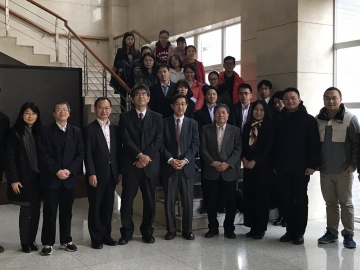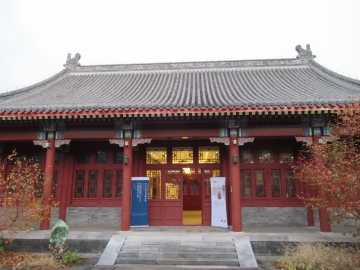The 3rd China-Japan Classical Studies Workshop(第三届中日古典学工作坊)was held online (Zoom) during the two days of Saturday November 12th to Sunday the 13th, 2022. Partnered by Peking University’s Faculty of Humanities, Department of Chinese Language and Literature, the first workshop of this series was held back in November 2018 in Waseda University, and the second in November 2019 in Peking University. Although the third workshop was scheduled to be held in November 2020, we had to unwillingly postpone it for two years due to issues involving Covid-19.
The workshop inevitably had to be held online this time also, but we were able to provide the opportunity to have research presentations done by 27 people, of which 15 were instructors from Waseda University and Peking University, and 12 were graduate school students and early career researchers from both universities. Through mutual questions and discussions, a substantial academic exchange took place, making the experience a fulfilling one.
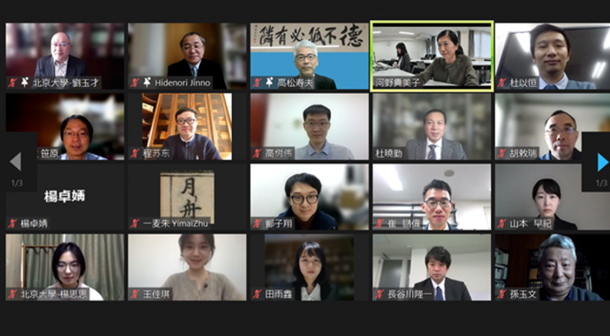
This workshop was initiated with the purpose to establish a platform for researchers of Japanese classics in Japan and Chinese classics in China to directly discuss the common issues of classics without language barriers, to exchange information on research materials, methods, and the latest research trends that they have, and to build a network of academic exchange. The main aim of the workshop is also to provide an opportunity for the graduate students and early career researchers in the field, who are our next generation researchers, to present their research and experience international academic exchange.
Following the second workshop, this third workshop offered a session of “youth forum” where both graduate students and early career researchers were in charge of moderating and commentating. It was a valuable opportunity for graduate students and early career researchers from both China and Japan to talk with each other and improve themselves in a friendly competition.
In addition, the presentation manuscripts for this workshop were translated into both languages beforehand, and the Q&A session and comments were facilitated through interpreters. The translating and interpreting tasks were also done by the early career researchers, mainly graduate school students. By being in charge of not only research presentations but also translation and interpretation, the program served as an opportunity for many of the next generation researchers to experience international academic exchanges.
Japan has been heavily influenced by Chinese culture since ancient times in the cultural sphere of so-called East Asian Kanji and classical Chinese literature, and has received its knowledge and studies in various ways. The classical books and classical studies shared by both China and Japan provide us with many issues that we should now pursue, which will lead us to consider the history, culture, and knowledge of Japan and China, as well as the East Asian world, right up to the present day.
While our workshops have been held under the unifying theme of “exchange and integration of Chinese and Japanese classical studies,” this time we have specifically chosen the theme of “research on classical documents (Chinese-Japanese classics, classification, encyclopedias, and classics like Erya)” as our theme. The discussions at the workshop highlighted once again that the compilation of similar books, which is a collection of information from scripts, dictionaries, and various other sources, truly embodies a system of knowledge, and the simultaneous comparison of these works from both China and Japan is an extremely effective way to reflect on the overlaps and changes in academic knowledge in the cultural sphere of Kanji and classical Chinese literature.
The workshop is planned to continue next year and beyond, selecting themes accordingly. The workshop ended on a high note, with hopes that next year we will be able to hold a face-to-face workshop at Peking University. (Event report written by Professor Kimiko Kono, Waseda University)
Event Details
Date and time: 9:50 – 17: 25 (JST) November 12, 2022, 9:30 – 12:45 (JST) November 13, 2022
Venue: Online (Zoom)
